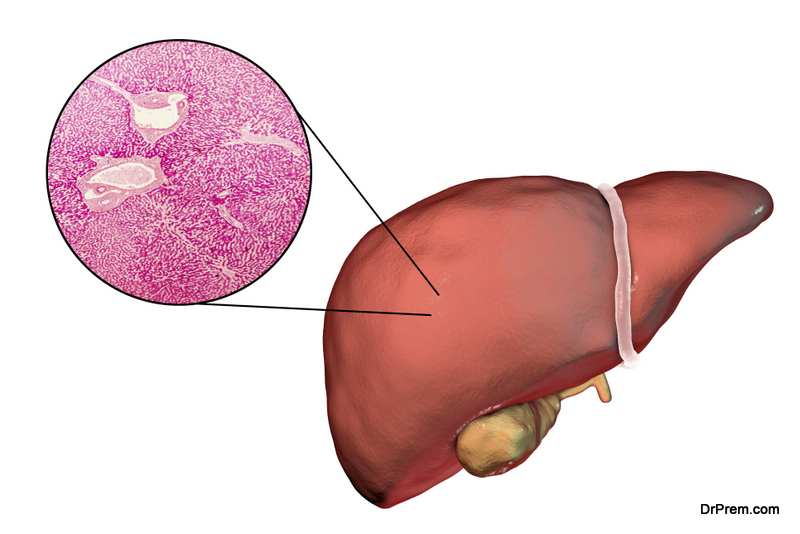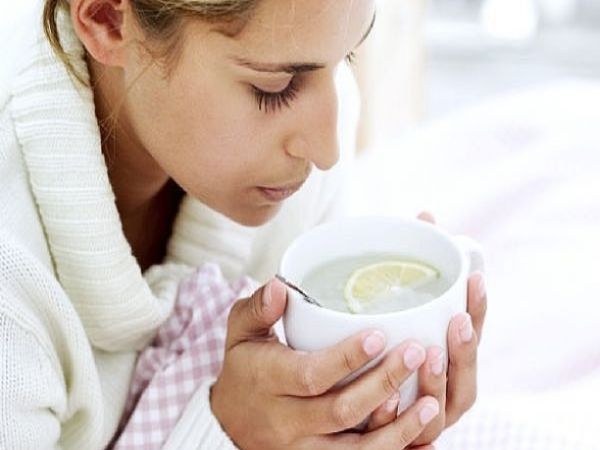Inflammation of liver caused due to hepatitis B virus (HBV) leads to the liver disease hepatitis B. Too much of alcohol consumption, allergies, exposure to toxic chemicals, and overdose of some drugs are the reasons for liver inflammation, but viral infection is the major cause of hepatitis B. HBV spreads through semen, vaginal fluids, and through menstrual blood apart from other means like infected needles, using same commodities, etc. In order to prevent the spread of HBV, various ways to keep the spread of HBV virus under check is essential. Herbal remedies and alternative medicines have achieved a breakthrough in this domain as well. Though remedies are many, it is good to consult your physician before starting any new medications, especially when you go for non-prescribed medications like herbal products or acetaminophen.
Turmeric
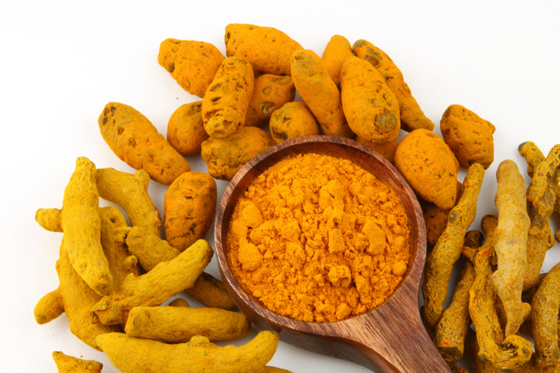
Curcuma longa, commonly known as turmeric, is powerful anti-inflammatory. The aqueous extracts of turmeric have found to suppress the hepatitis B virus without damaging the liver cells. It acts as a liver protector, and aids the liver in its function by stimulating production of bile. Moreover, turmeric protects liver from toxins, HBV and affects of alcohol and also helps regenerate damaged liver cells. The compound curcumin in turmeric reflected enormous healing potential against hepatitis B, and also boosts the overall immunity of our body to fight against HBV and related diseases. Proper rest, healthy food, consumption of large quantity of water, staying away from alcohol and drugs are the best practices that can stunt the spread of hepatitis B. Develop your immune system to fight against HBV.
Burdock root
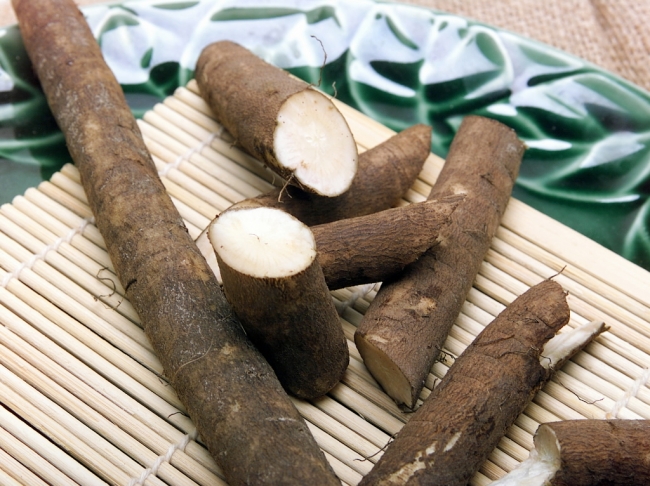
Burdock is a mild bitter herb and burdock roots have the ability to detoxify the liver so that it can purify the blood more effectively and remove the toxic chemicals from the blood, especially removes the accumulation of harmful bilirubin from blood. Burdock root is rich in many antioxidants that protect the liver from toxic chemicals. It also activates the production of gastric juices that enhance good digestion. Burdock can be eaten as vegetable or can be consumed in the form of tea; burdock root tea has excellent anti-inflammatory properties. Consumption of burdock root also increases urination, perspiration because of its diuretic and diaphoretic properties.
Dandelion
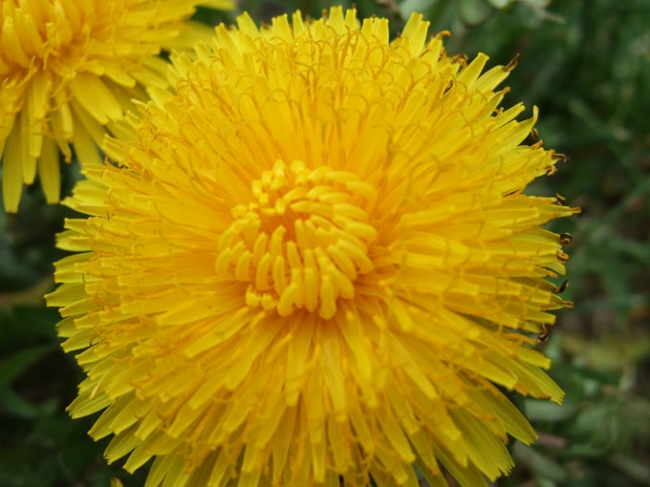
Liver’s main function is to detoxify every element our body is exposed to. Due to hepatitis virus, the liver is affected and so is its functionality. Dandelion in turn promotes detoxification of liver. It is used for treating liver and gallbladder disorders. Dandelion contains taraxacin, an active compound that stimulates the liver and gallbladder to secrete more bile. Bile absorbs food and digests fat easily, thus, aiding liver in its function. Dandelion leaves can be eaten raw or cooked. Just like the way carrots are eaten, dandelion roots can also be processed for eating or an aromatic tea can be prepared out of it.
Milk thistle
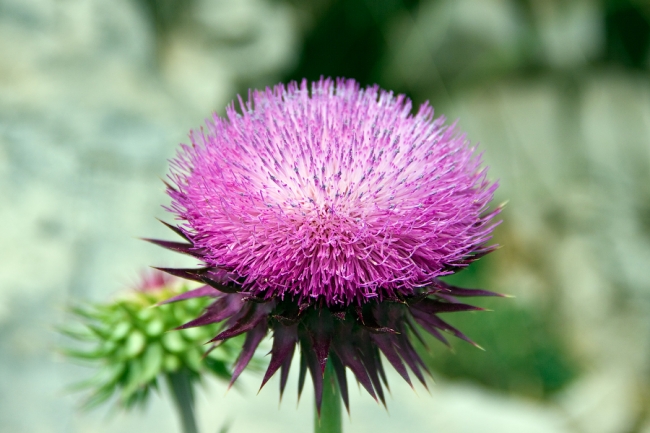
HBV causes fatty liver and milk thistle has a proven effect over treating the fatty liver. The compound silymarin present in milk thistle has a protective effect over liver as it stimulates the release of bile. The leaves, flowers, seeds, and roots of the milk thistle are entirely edible. The herb is the best remedy for indigestion and constipation, but it may also cause mild diarrhea. Over the years the seeds of milk thistle has been used for protection of liver from toxins, it also aids in quick recovery from chronic liver diseases like hepatitis and aids in function of liver too. All parts of milk thistle are edible and consuming flowers or roots of milk thistle are considered to be more beneficial than to have it in a concentrated form.
Phyllanthus
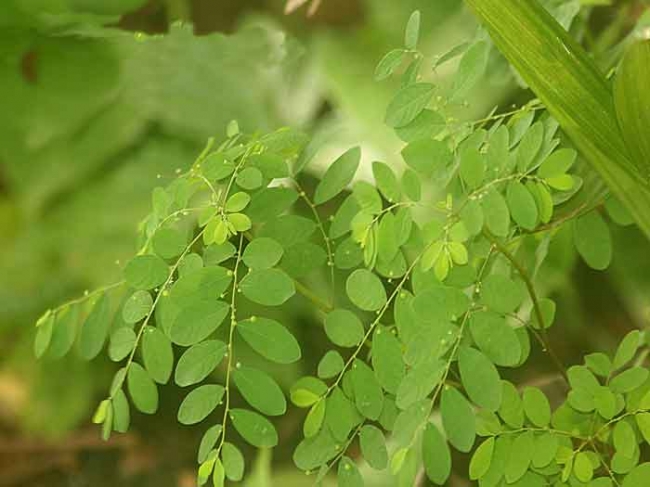
Ayurvedic practitioners have been using phyllanthus since generations. The herb has a remarkable anti-viral effect. It aids in detoxification and helps in the promotion of liver function. DNA polymerase is an enzyme that promotes the reproduction of HBV and phyllanthus blocks the promotion of this enzyme. The leaf and fruit extract of the herb is a proven remedy for HBV. It acts as an anti inflammatory medication, a diuretic, and possesses antiviral, antibacterial and antifungal functions. Phyllanthus weed has also been observed to police HBV mRVA transcription and duplication and also has been observed highly beneficial in decreasing enhancer I activity.
Schizandra and scutellaria
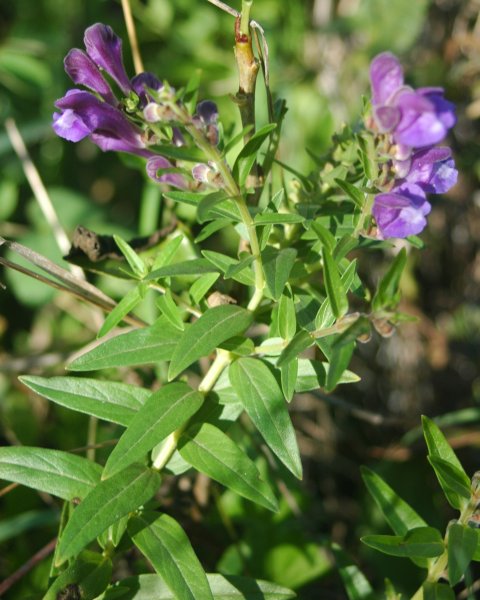
Schizandra is a Chinese herb rich in lignans that is responsible for the protection of liver. It helps maintain the proper functioning of liver and in regeneration and prevents liver damage. The fat soluble compounds of schizandra seed helps in the removal of toxins from liver and protects it.
Scutellaria is also a Chinese herb that is useful for treating hepatitis as it is rich in flavanoids. Clinical tests conducted in China have proved that over 70% of the people infected with chronic hepatitis have found to have been benefited from this herb. They have been reported to have developed appetite and better liver functions.
Zinc tablets and liver extracts
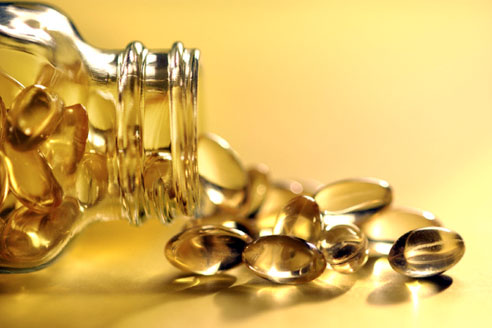
The liver cells infected with HBV cause an imbalance in the proportion of zinc and copper. If the amount of copper deposits is higher than zinc, there is a risk for liver damage and the chances of getting exposed to hepatitis B infection. Copper will oxidize cell walls and damage the liver. Proper intake of zinc will help displace copper away from the cells. It is advisable to take 500 to 1,000 milligrams of liver extracts every day. Regular intake of liver extracts for about three to six months will lower liver enzyme levels and restore the liver to normalcy. This will thus, help others around the patient to be exposed to lower amount risk of hepatitis B.


